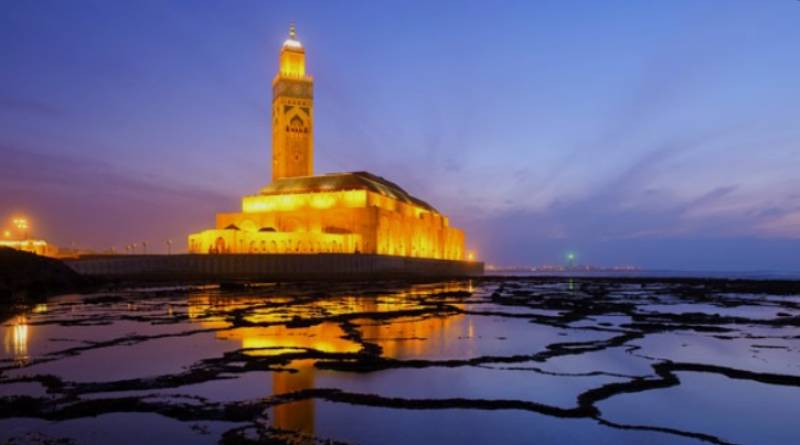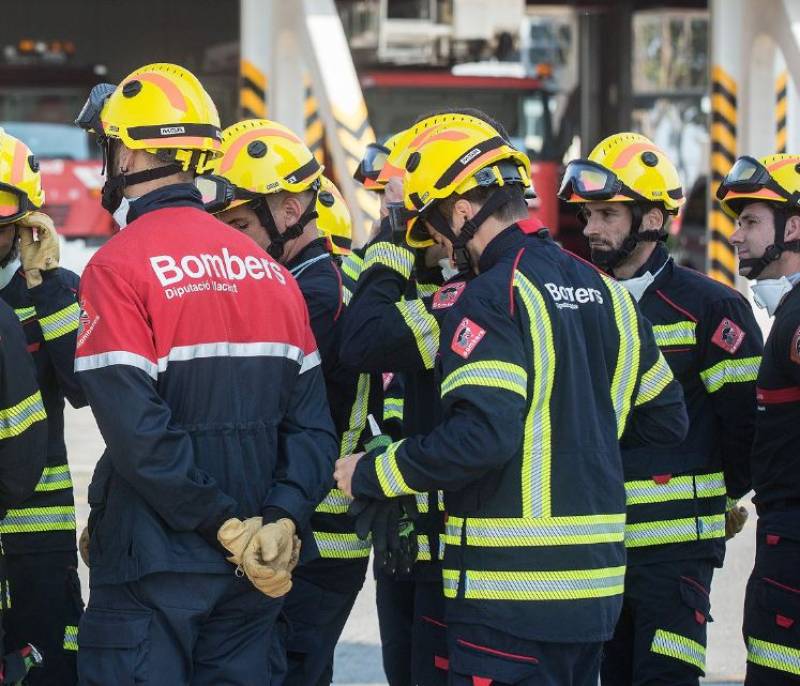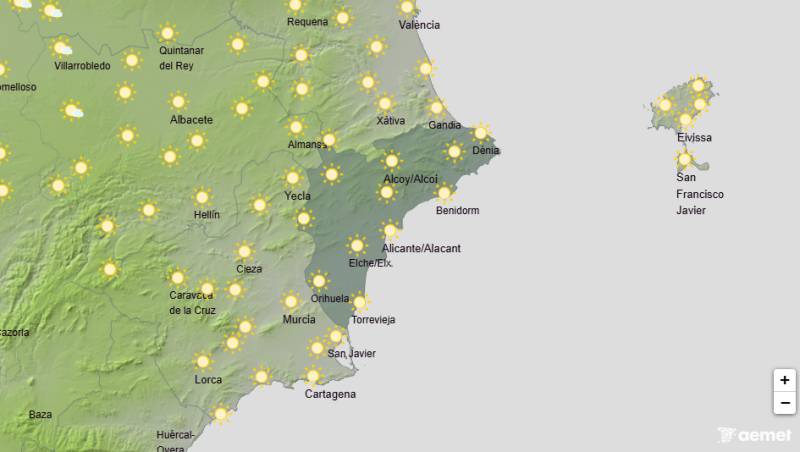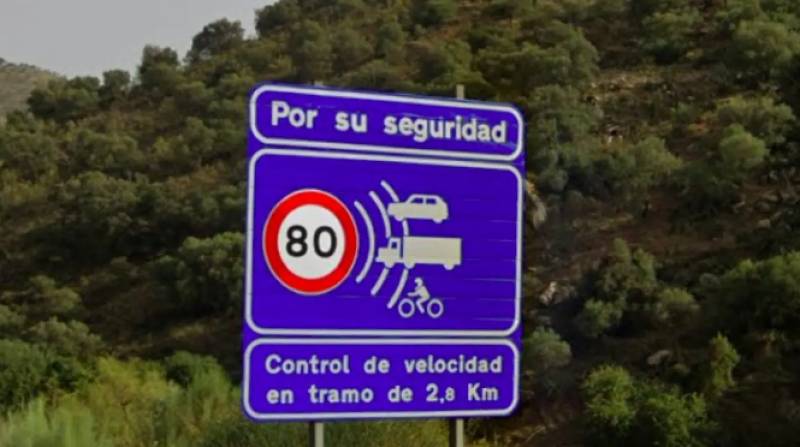- Region
- Vega baja
- Marina Alta
- Marina Baixa
- Alicante
- Baix Vinalopo
- Alto & Mitja Vinalopo
-
ALL TOWNS
- ALICANTE TOWNS
- Albatera
- Alfaz Del Pi
- Alicante City
- Alcoy
- Almoradi
- Benitatxell
- Bigastro
- Benferri
- Benidorm
- Calosa de Segura
- Calpe
- Catral
- Costa Blanca
- Cox
- Daya Vieja
- Denia
- Elche
- Elda
- Granja de Rocamora
- Guardamar del Segura
- Jacarilla
- Los Montesinos
- Orihuela
- Pedreguer
- Pilar de Horadada
- Playa Flamenca
- Quesada
- Rafal
- Redovan
- Rojales
- San Isidro
- Torrevieja
- Comunidad Valenciana
article_detail
Date Published: 12/01/2022
ARCHIVED - Levels of Covid in Alicante wastewater soar since Omicron outbreak
At one treatment plant in Alicante, levels are the highest since last July
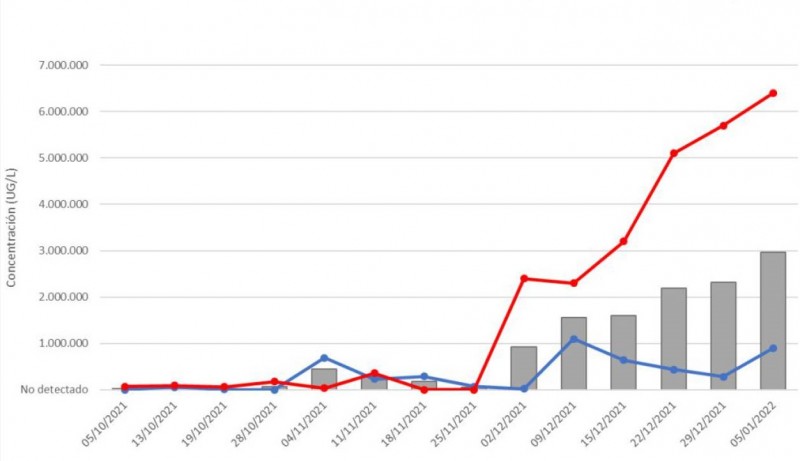
The presence of coronavirus in Alicante's wastewater has shot up over the last month, since the outbreak of the Omicron variant, according to the latest results of a study carried out by Aguas de Alicante and the city council.
Analysis of wastewater determines levels of genetic material, and at the Rincón de León treatment plant, in the south of Alicante, these figures were "extremely high" when samples were taken on January 5, with 6,400,000 genome units (short section of a gene or DNA sequence) per litre (g/l) - the highest since the end of July 2021.
According to the water utility company, the rest of Alicante is also in "a worrying situation". At the Monte Orgegia treatment plant, in the north of the city, the latest samples recorded 900,000 ug/litre.
And the figures have been rising for five weeks. At the end of November, before the Omicron outbreak, readings at the Monte Orgegia treatment plant were around 74,000 ug/l, and the amount of genetic material in Rincón de León was even more positive, at just 3,300 ug/l.
This means that on average across the city, levels have soared from 47,362 ug/l to 2,972,275 ug/l in a month.
Omicron was first detected in Alicante wastewater on December 2, at the Monte Orgegia plant, though it's not been revealed in what percentage of samples taken. And a week later, it was found in both facilities.
The study is considered a useful tool to anticipate the increase in incidence and the appearance of outbreaks, and once the samples have been collected and analysed, they are automatically transferred to a digital platform.
The joint project between Aguas de Alicante and the city council was launched in the summer of 2020 to "visualise the evolution of the pandemic in the city": Initially, samples were taken at six points across Alicante, but this was reduced to analysis at the two treatment plants last September.
staff.inc.ali
Loading
Read more about Coronavirus:
OR
Sign up for the Spanish News Today Editors Roundup Weekly Bulletin to get a comprehensive email with all the week’s news for Spain, Murcia, Alicante and Andalucía.
Get a sneak peek – here are a few of our recent Subscription Bulletins:
50% Discount Special Offer subscription:
24.95€ for 48 Editor’s Weekly News Roundup bulletins!
Please CLICK THE BUTTON to subscribe.
Contact Murcia Today: Editorial 000 000 000 /
Office 000 000 000

















